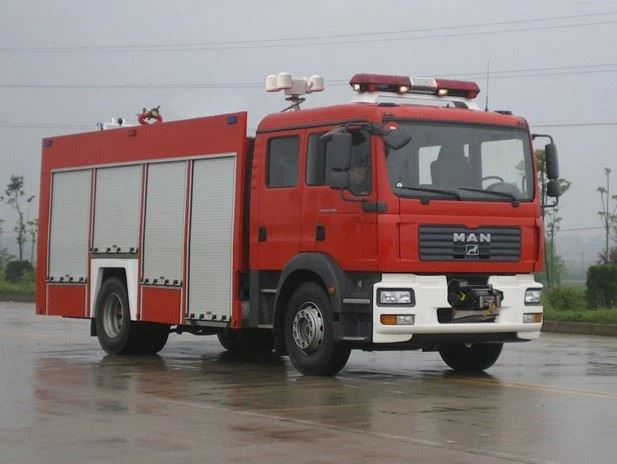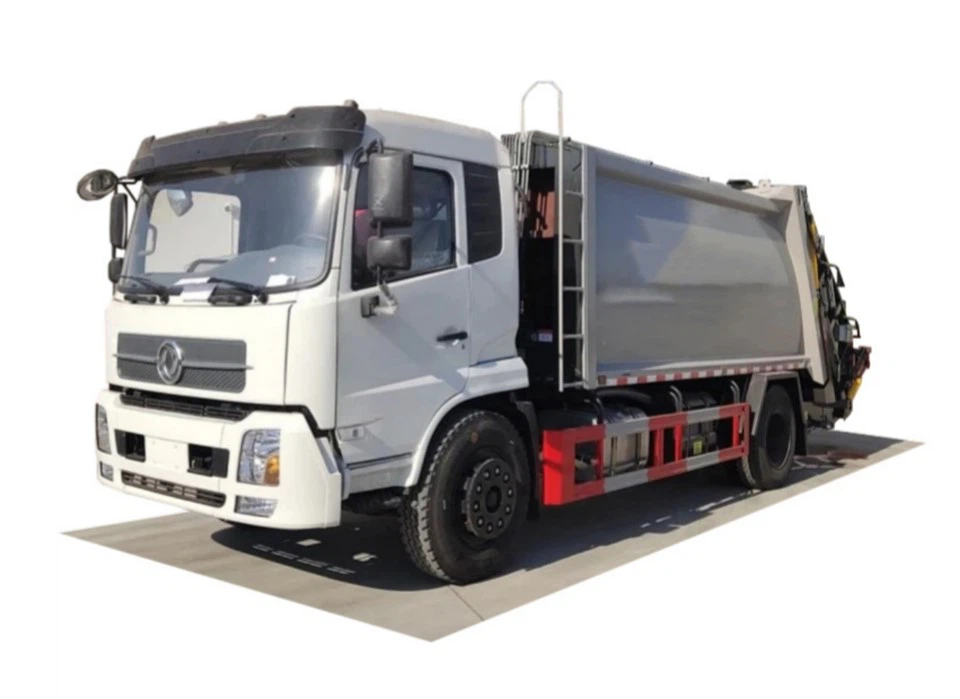Understanding 8-Ton Trucks: Features, Benefits, and Practical Applications

Introduction
In the world of transportation and logistics, the choice of vehicle plays a crucial role in operational efficiency. One of the most versatile vehicles in this sector is the 8-ton truck. With a balance of size, load capacity, and maneuverability, 8-ton trucks have become a popular choice for businesses and individuals alike. This article delves deep into the features, benefits, applications, and considerations surrounding 8-ton trucks, providing you with the knowledge to make an informed decision.
What is an 8-Ton Truck?
An 8-ton truck is a medium-duty vehicle designed to carry loads of up to 8,000 kilograms. These trucks are typically characterized by their robust build, spacious cargo area, and powerful engines that allow for efficient transportation of goods. Available in various configurations, including flatbeds, crew cabs, and vans, 8-ton trucks cater to a wide array of needs in the commercial sector.
Specifications of 8-Ton Trucks
- Payload Capacity: 8,000 kg (17,636 lbs)
- Engine Capacity: Commonly ranges from 4.0 to 7.0 liters
- Towing Capacity: Usually between 3,500 kg (7,717 lbs) and 5,000 kg (11,023 lbs)
- Fuel Type: Diesel or petrol engines
- Typical Dimensions: Varying width and height depending on the model, usually between 6-8 meters in length
Advantages of 8-Ton Trucks
The appeal of 8-ton trucks lies in their versatility and reliability. Below are some of the key advantages:
1. Ideal for Urban Deliveries
Due to their moderate size, 8-ton trucks can easily navigate through city traffic and fit into tighter spaces, making them an excellent choice for urban deliveries.
2. Cost-Effective
8-ton trucks offer a balance between load capacity and operational costs. They are generally more fuel-efficient than heavier trucks, resulting in lower running costs.
3. Versatility in Load Types
These trucks can transport various goods, from construction materials to furniture, making them suitable for a wide range of industries.
4. Enhanced Safety Features

Modern 8-ton trucks come equipped with advanced safety features, including anti-lock braking systems, stability control, and rear-view cameras, ensuring the safety of both the driver and the cargo.
5. Longevity and Durability
Built to withstand tough conditions, 8-ton trucks are made from high-quality materials that provide durability and longevity, making them a sound investment.
Applications of 8-Ton Trucks
8-ton trucks find applications in various sectors. Here are some practical examples:
1. Construction Industry
In the construction sector, 8-ton trucks are used to transport building materials such as bricks, concrete, and steel. Their ability to carry significant loads makes them essential for job sites.
2. Logistics and Transport
Logistics companies utilize 8-ton trucks for regional delivery services, helping to move goods from warehouses to retail locations efficiently.
3. Moving Services
Moving companies often rely on 8-ton trucks to relocate households and businesses, as these vehicles can accommodate furniture and appliances comfortably.
4. Food and Beverage Distribution
These trucks are also commonly used in the food industry to supply restaurants, grocery stores, and catering services with ingredients and supplies.
Choosing the Right 8-Ton Truck
When it comes to selecting an 8-ton truck, consider the following factors:
1. Purpose of Use
Define the primary use of the truck. Will it be used for heavy construction or light deliveries? Understanding this will help guide your choice.
2. Fuel Efficiency
Assess the fuel consumption of different models, as this can significantly impact overall operating costs over time.
3. Maintenance and Support
Investigate the availability of spare parts and service centers for the brand you’re considering, as this will affect long-term maintenance costs.
4. User Reviews and Ratings
Read user reviews and ratings to gauge reliability and performance from those who currently operate the vehicles.
Examples of Popular 8-Ton Trucks
Here’s a brief overview of some popular 8-ton truck models:
| Truck Model | Engine Capacity | Payload Capacity | Fuel Type |
|---|---|---|---|
| Isuzu NPR 8-1 | 4.8L | 8,000 kg | Diesel |
| Hino 300 Series | 4.0L | 8,000 kg | Diesel |
| Mitsubishi Fuso Canter | 3.0L | 8,000 kg | Diesel |
| Ford F-650 | 6.7L | 8,000 kg | Diesel |
Maintenance Tips for 8-Ton Trucks
Proper maintenance is essential to prolong the life of your 8-ton truck. Here are some tips:
1. Regular Inspections
Perform regular inspections on brakes, tires, and other critical components to ensure safe and efficient operation.

2. Oil Changes
Change the engine oil and filters at recommended intervals to keep the engine running smoothly.
3. Tire Maintenance
Check tire pressure regularly and rotate tires as needed to ensure even wear.
4. Clean Your Truck
Regularly wash your truck to prevent rust and corrosion, particularly in areas exposed to salt or chemicals.
5. Follow the Manufacturer’s Guidelines
Adhere to the manufacturer’s recommendations for maintenance and servicing in your user manual.
Cost Considerations for 8-Ton Trucks
Understanding the costs involved in owning and operating an 8-ton truck is crucial for budgeting. Here are key cost factors:
1. Purchase Price

The initial purchase price of an 8-ton truck can vary based on the make, model, and features, often ranging from $30,000 to $60,000.
2. Insurance
Insurance costs will depend on factors like the truck’s value, driver experience, and coverage types. Expect to pay between $1,000 and $3,000 annually.
3. Fuel Costs
Estimate average fuel consumption and current fuel prices to calculate monthly fuel expenses.
4. Maintenance and Repairs
Budget for routine maintenance and potential repair costs, which can vary significantly depending on usage and conditions.
Common Misconceptions About 8-Ton Trucks
1. “Only for Heavy Duty Tasks”
Although capable of handling heavy loads, 8-ton trucks are versatile and often used for lighter delivery tasks as well.
2. “Higher Fuel Consumption”
Modern 8-ton trucks generally have improved fuel efficiency compared to older models, making them a cost-effective option for many businesses.
3. “Difficult to Maneuver”
While larger trucks can be hard to maneuver, 8-ton trucks are designed for easier handling in busy urban environments.
FAQ Section
1. What is the typical fuel efficiency of an 8-ton truck?
Fuel efficiency varies from model to model, but most 8-ton trucks generally achieve around 8 to 15 miles per gallon.
2. Are 8-ton trucks suitable for long-distance travel?
Yes, 8-ton trucks can be used for long-distance travel, though considerations about fuel consumption and load weight should be taken into account.
3. How often should I perform maintenance on an 8-ton truck?
It’s recommended to perform basic maintenance weekly, with more extensive checks every 3,000 to 5,000 miles.
4. Can 8-ton trucks be customized?
Yes, many manufacturers offer customization options, including enhanced storage solutions, specialized bodies, and additional safety features.
5. What types of licenses are required to drive an 8-ton truck?
In most countries, a standard driver’s license may suffice, but it’s essential to check local regulations, as some areas may require a commercial driver’s license (CDL).
6. What is the expected lifespan of an 8-ton truck?
With proper maintenance, 8-ton trucks can have a lifespan of 10 to 15 years, depending on usage and care taken.
